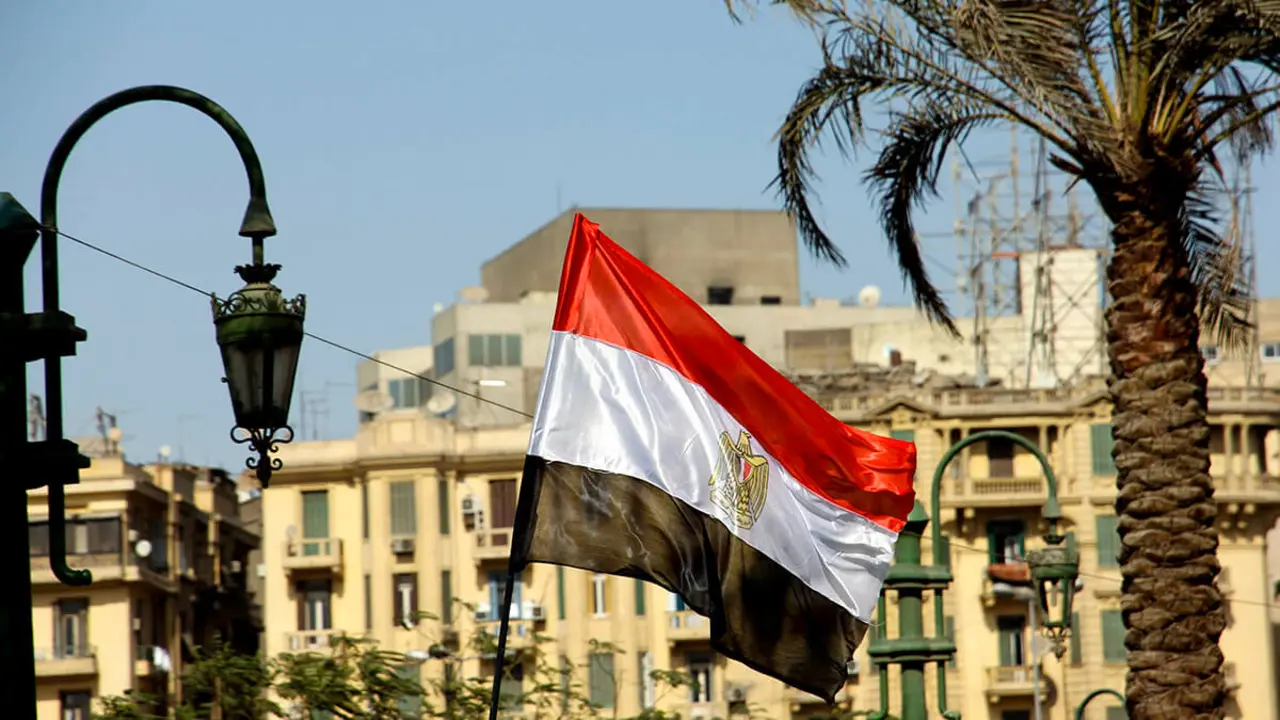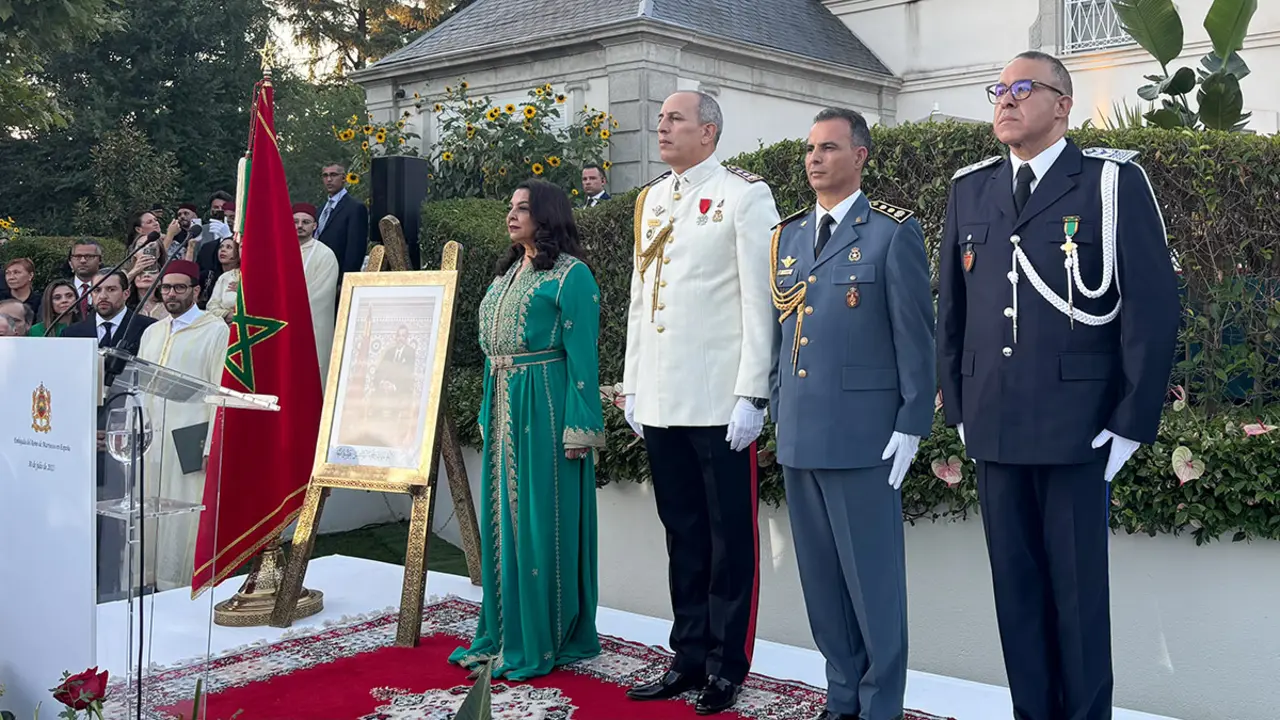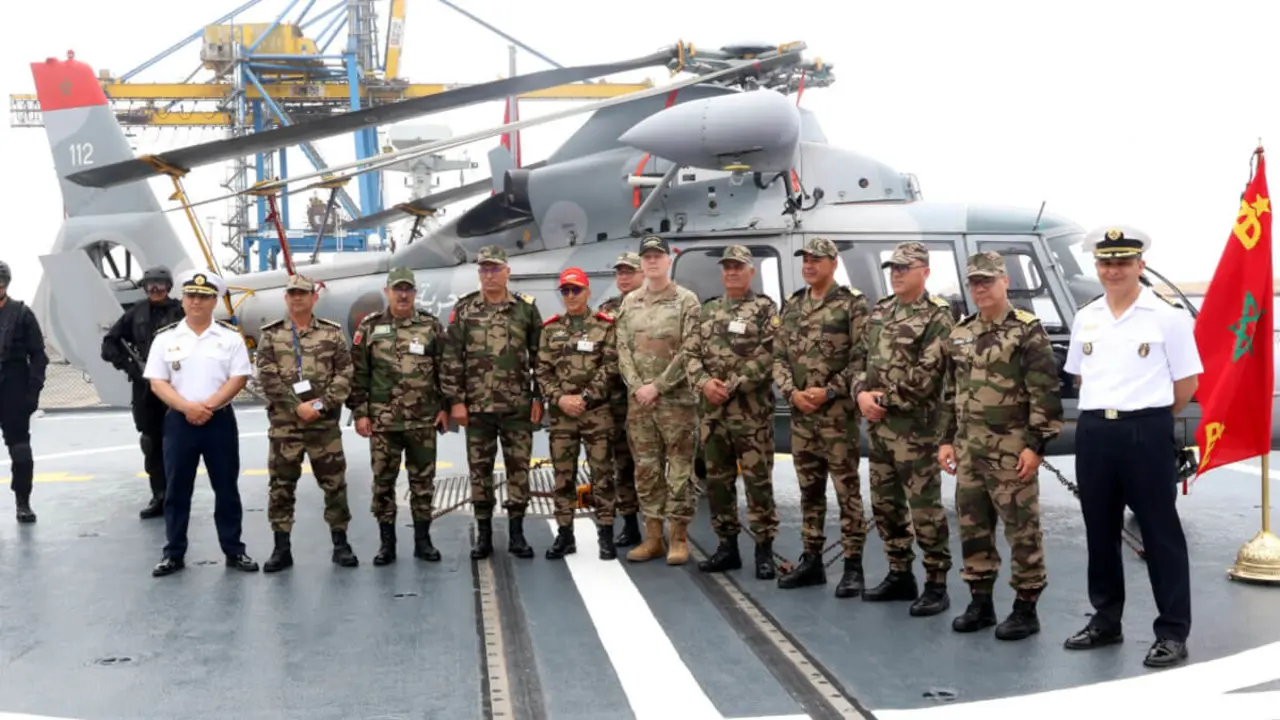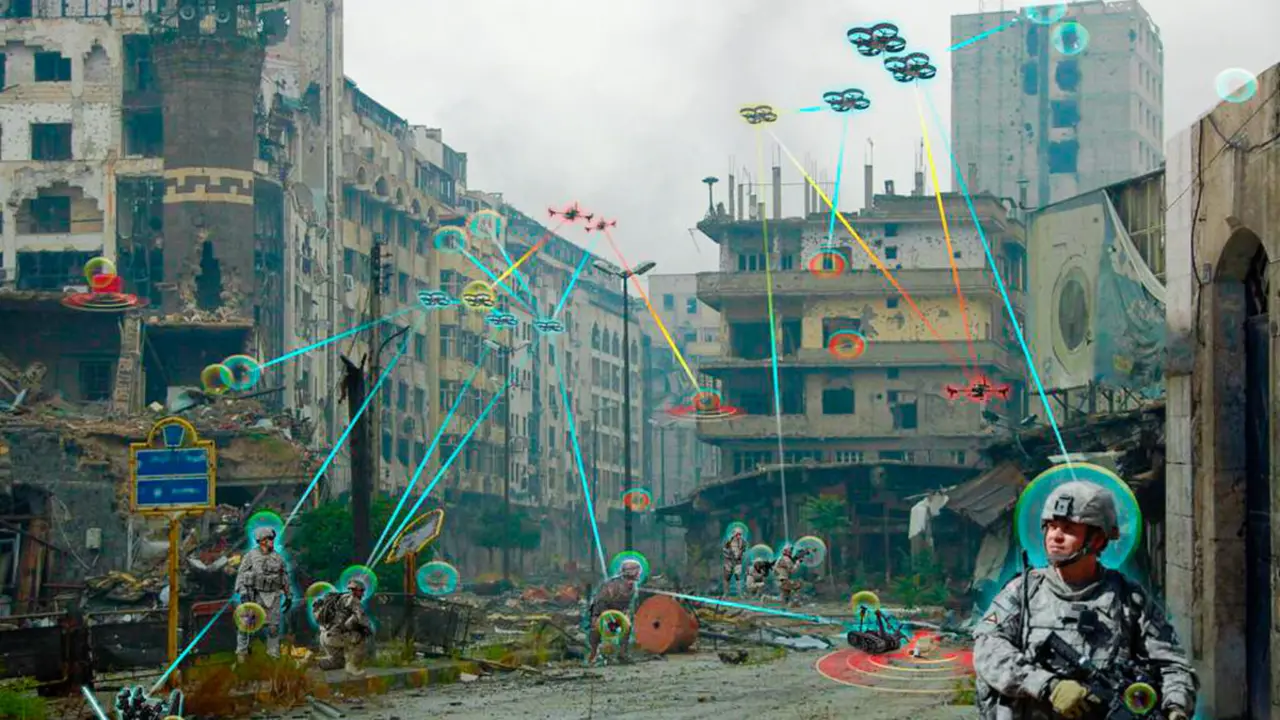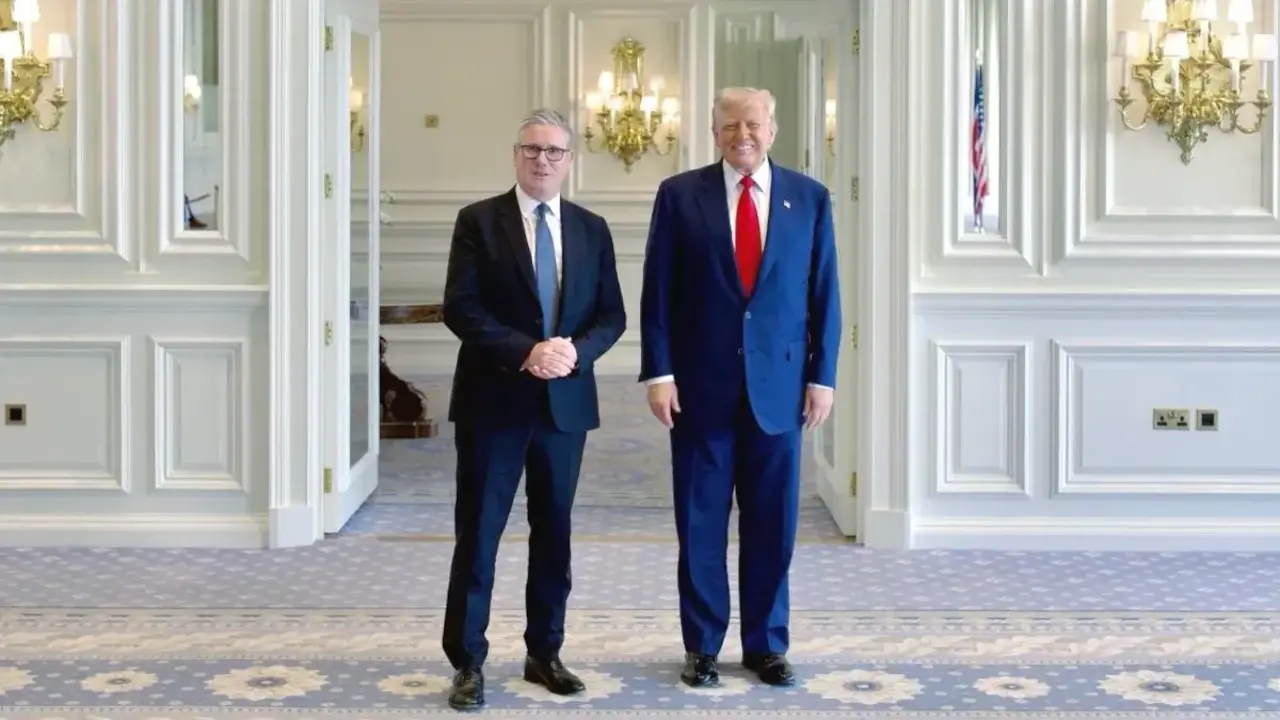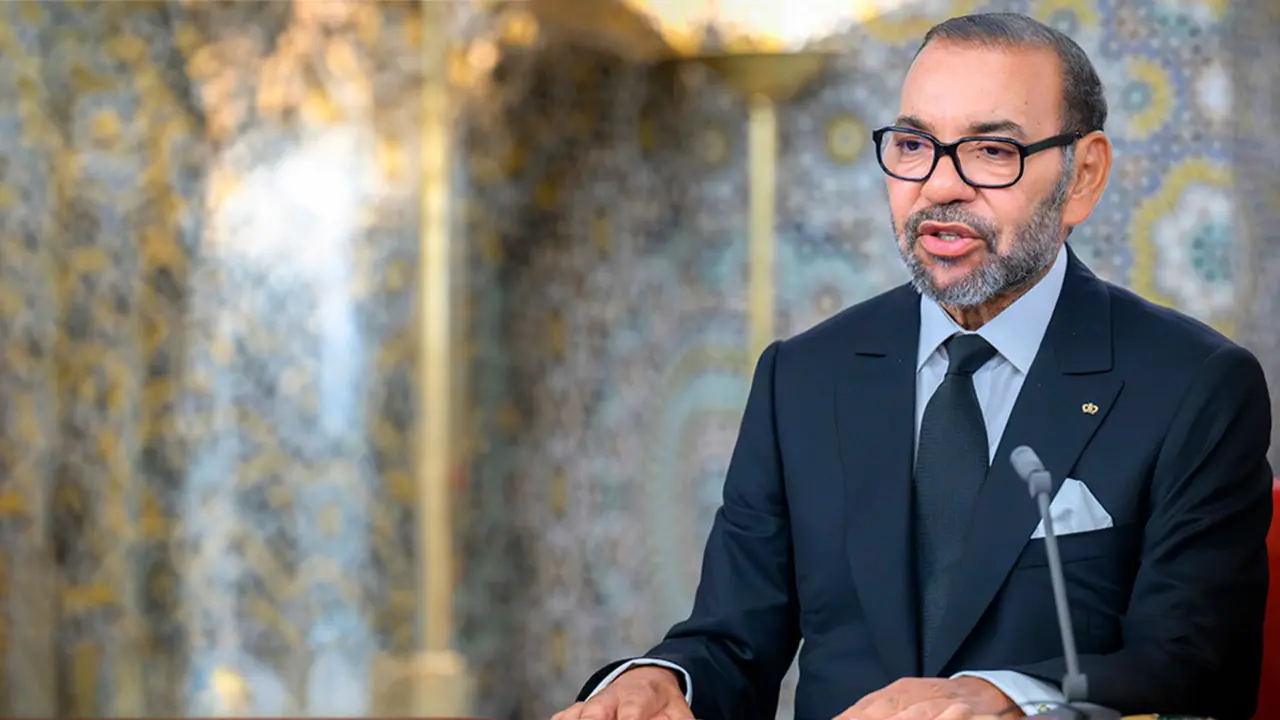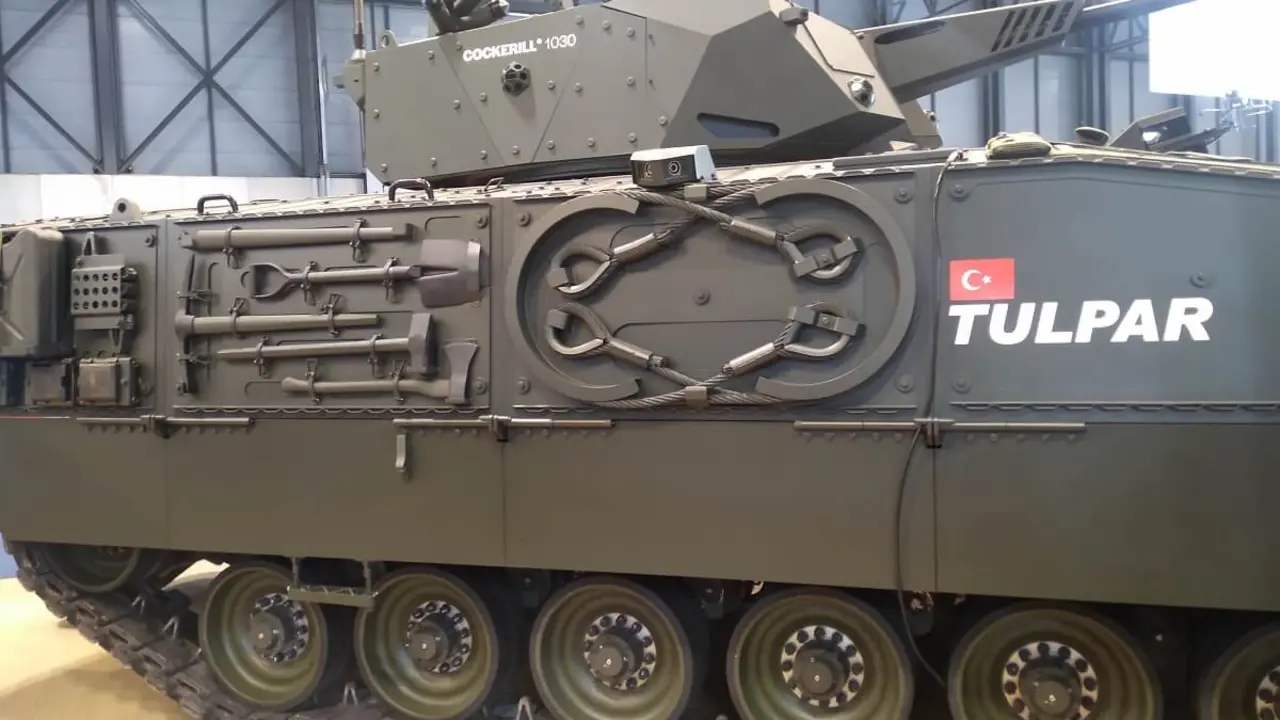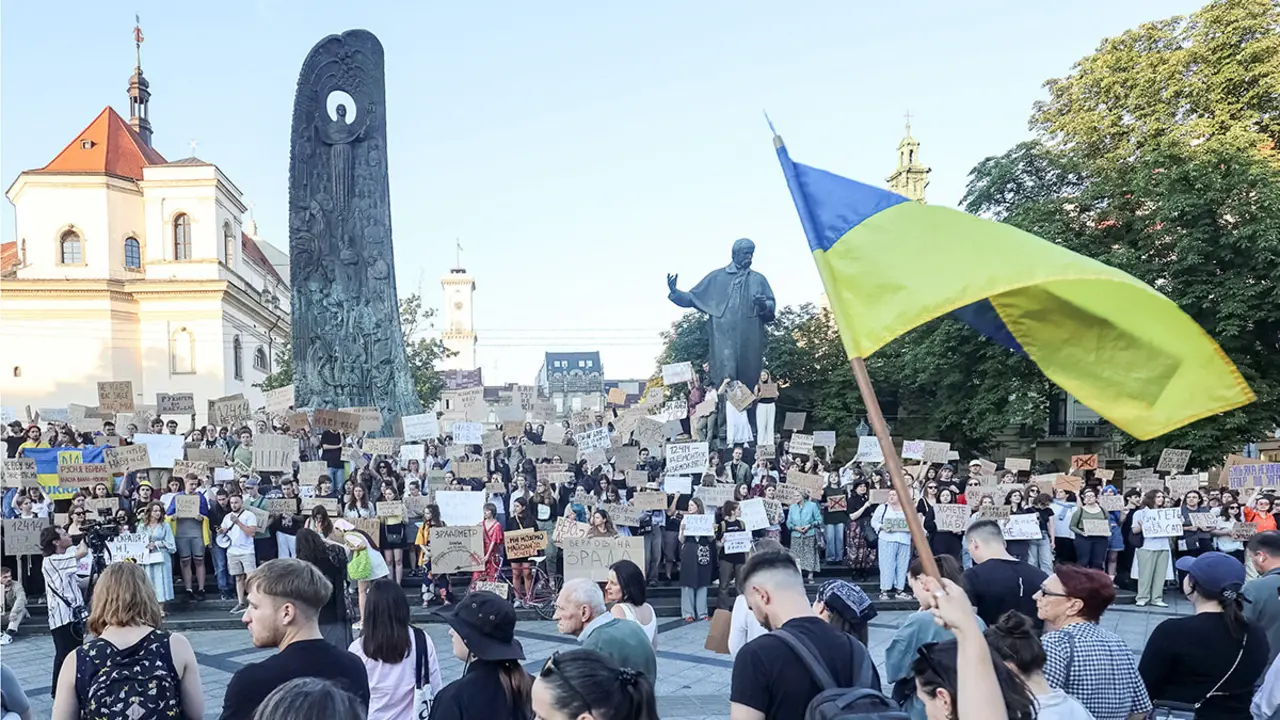Queen Letizia learns about the "fish for all" project in Mauritania
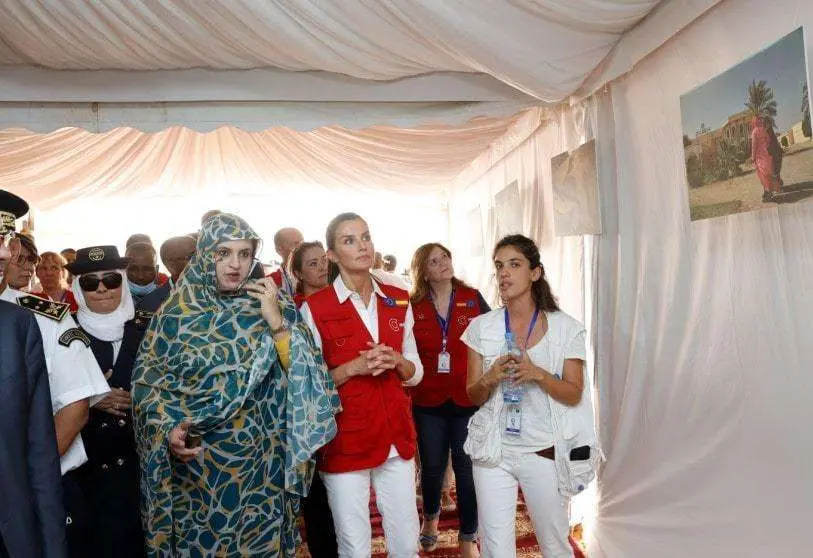
On Tuesday, Queen Letizia visited the project promoted by Spanish cooperation to deliver frozen fish to a large part of the country so that the poorest people can have access to this food at affordable prices and improve their nutritional habits.
On her first day of activity in the Maghreb country, where she arrived last night, Doña Letizia, wearing the red waistcoat of the Spanish aid workers, went to the logistics platform of the National Fish Distribution Company (SNDP), on the outskirts of Nouakchott, one of the flagship projects that Spain launched in 2012 with five million euros.
Mauritania, one of the poorest countries in the world, has fishing as one of its main sources of wealth.
However, its resources are destined for export or to be caught by foreign vessels, including Spanish ones, which fish in its waters in exchange for compensation.
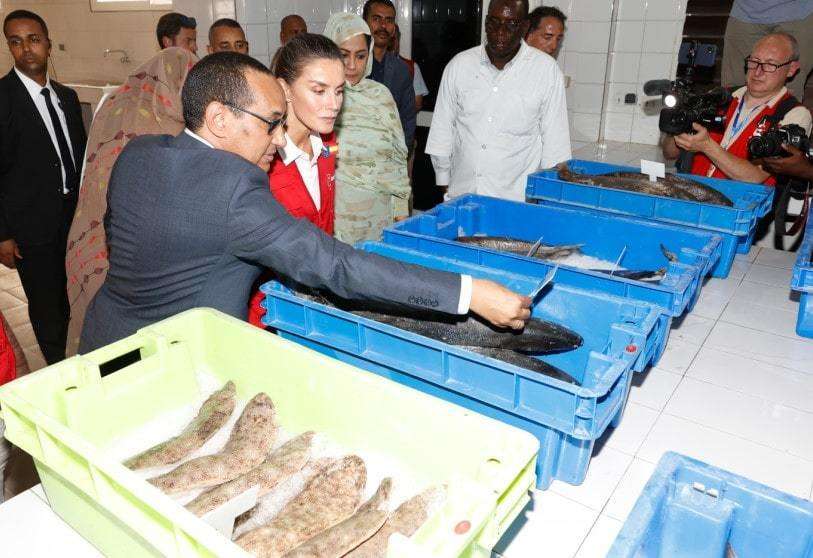
This has meant that for years fish has been left out of the population's diet, which is based on agricultural products and meat, albeit at a higher price.
In the case of the fisheries agreement with the EU, two percent of the catch is destined for distribution among Mauritanians.
It is to Nouadhibou, the country's second largest city, that the boats take the frozen fish and from there it is distributed to the various storage platforms.
Once the rations have been packaged, they are transported in refrigerated lorries to around 400 distribution points - in 2018 there were around 150 - some of which are located more than 1,000 kilometres inland in a country that is almost entirely desert and twice the size of Spain.
From Monday to Thursday, each family can buy two kilos of fish, mainly sardines and mackerel, every day for around 0.25 euros, the equivalent of a loaf of bread.
"The aim is to eat fish at the price of bread and reduce food insecurity", summarises the coordinator of Programmes and Rural Development of Spanish cooperation in the Maghreb country, Lierni Galdós, who estimates that around 300,000 people, out of a total population of 4.5 million inhabitants, will benefit from the project, whose income barely exceeds 100 euros a month.
Accompanied by the wife of the President of Mauritania, Mariem Fadel Dah, the Queen visited the cold storage room where the packages are preserved and boarded the truck where they are stacked for transport.
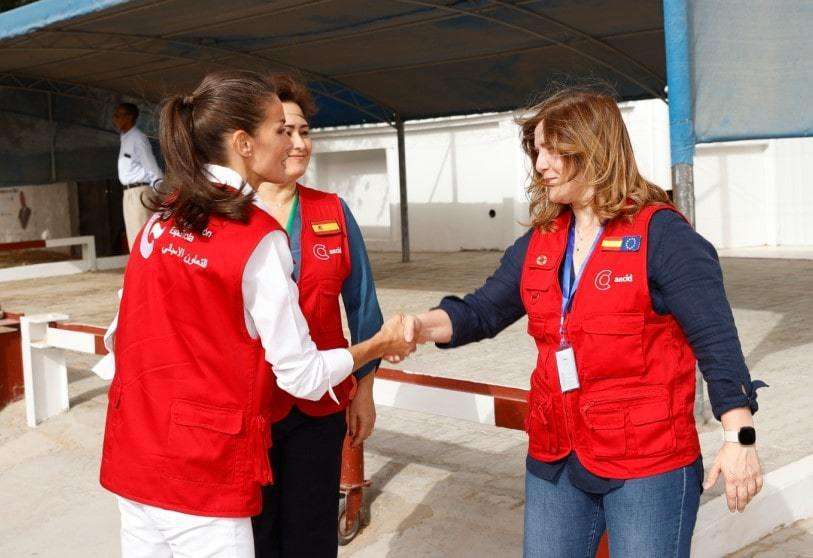
She also greeted some of the families receiving the fish, sitting in their traditional robes under a tent next to a banner that read: "SNDP beneficiaries welcome Her Majesty".
According to Chibikl, a father of twelve children and dressed in a "boubous", the typical local tunic, the initiative "has changed the lives of many people", although he believes that the volume of production needs to be increased to reach more people.
In view of the success of the project, which has increased fish consumption from four to 16 kilos per person per year, the Mauritanian government took control of the initiative three years ago, although Spain continues to provide funding to improve the logistical network.
"The aim is to reach all the provincial capitals," says Galdós.
The project has also helped generate jobs in the fishing and logistics industry so that young people use the cayucos to earn a living with the nets instead of migrating aboard them to places like the Canary Islands.

